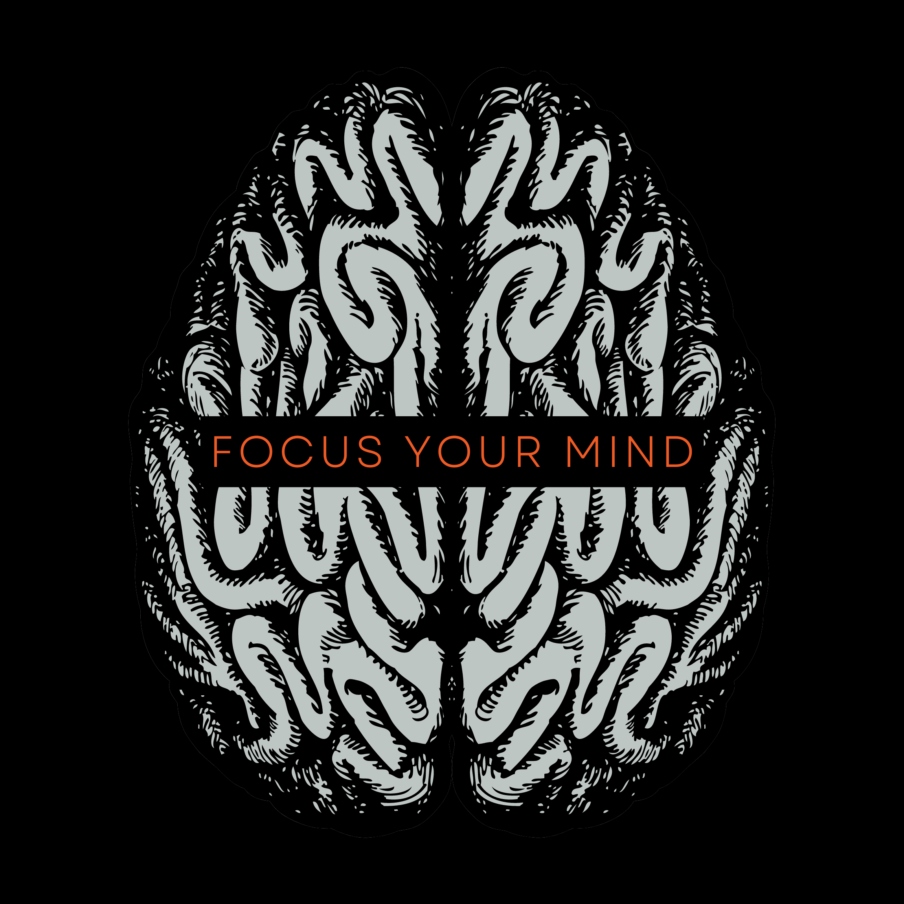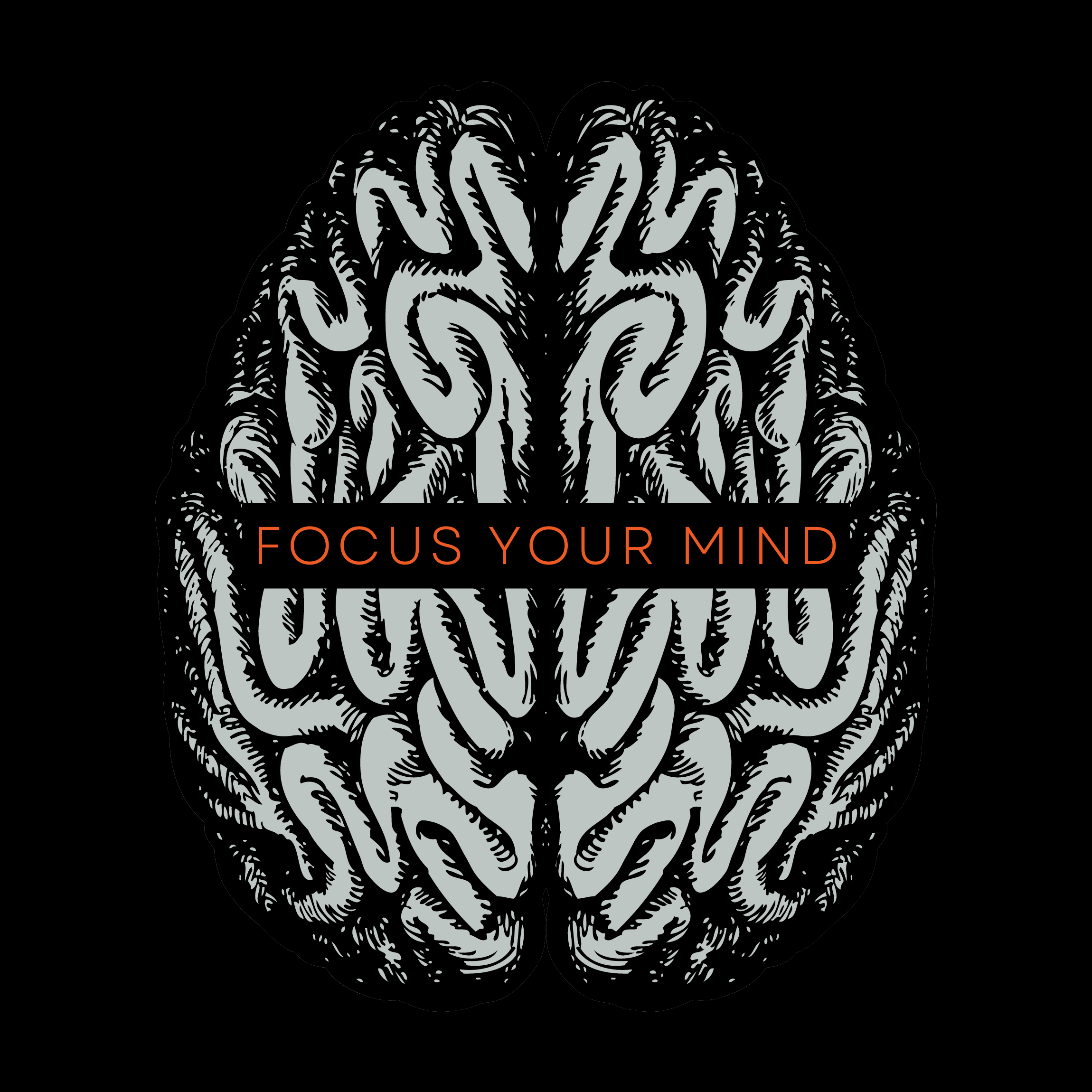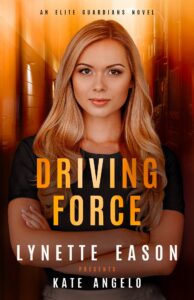By Kate Angelo, @thekateangelo
What if I told you I know a hack that, when applied correctly, makes the hard work of writing a novel easier and more enjoyable? Yes, instead of dreading your deadline you can be excited! You can look forward to your story and be eager to get BIS (backside in seat) and stay there.
With this hack, you can gain the energy and focus to work longer.
Gasp! What is this snake oil you’re selling, Kate Angelo, and how do I get my hands on it because I’m on deadline and my stress is off the charts!
Let’s start by asking why writers tend to be more productive when they write away from home? Why is a coffee shop better than your desk? Besides caffeine. Don’t worry, caffeine isn’t the hack. Caffeine can only do so much to help us writers, bless its little heart. But I know several writers who found their creativity and productiveness is off the charts at a coffee shop in comparison to working at home.
Duh, Kate…There’s less distractions at a coffee shop.
Really? Are there really less distractions? You have people coming and going. Walking right in front of your table and sometimes talking to you. There’s the music. The constant ding of the door chime. Chatter, laughter, and squeals of delight. Small children running or grabbing things off the shelves. The woosh of the milk steamer. There’s even a blender grinding ice for crying out loud! How is this less distracting?
Oh, I put my earbuds in and drown out the noise.
Okay…but why can’t you do that at home? We can…but it’s less effective, isn’t it? Why?
Allow me to introduce you to my biological friends Dopamine and Noradrenaline. I won’t go too deep into the scientific weeds here. Hopefully just enough that you’ll either research this on your own or have enough information to hack your own brain into doing the hard things.
Most of us are familiar with dopamine thanks to the entire world blaming it for why we’re addicted to social media. If you’re not familiar with dopamine, it’s the chemical released in your brain that makes you feel good. This neurotransmitter is far more complicated than that simple statement and its purpose goes beyond simply making us feel good.
If dopamine is the protagonist in this story, then our friend noradrenaline (also called norepinephrine) is the antagonist. Sorry Nora, I call ‘em as I see ‘em.
Noradrenaline is a chemical that brings about a state of alertness. You may remember it as the chemical that plays a role in the “fight or flight” response. Noradrenaline increases your heart rate and blood pressure and even helps break down fat and increase your blood sugar giving you more energy! It also increases your attention, allows you to focus better, and gives you a wonderful euphoric feeling.
But Kate, didn’t you say noradrenaline is the antagonist in this story? All that sounds great!
I did say that. Glad you’re paying attention.
But, like any well-crafted antagonist, noradrenaline is perfectly normal until it has too much power. Too much noradrenaline actively works against you.
All those great things? Yeah, think of the opposite.
Instead of focus, you have an attention deficit. Instead of energy, lethargy. Instead of happy feelings, depression. There’s only so much noradrenaline we can handle and when it takes over, all we want to do is quit.
Enter getting up to go check the laundry, answering a phone call, checking our phone, or power washing the driveway—because, oh! That hasn’t been done in a while!
This is why we need to hack our brains so to speak so we can keep our antagonist, noradrenaline, right where we want him. We need to buffer the noradrenaline so it doesn’t take over and we don’t quit.
Okay, but how?

Remember that whole coffee shop thing earlier? Why do we write better there than at home?
It’s because dopamine is released any time we achieve a milestone, or we think we’re on the right path.
The sheer act of going to the coffee shop with our computer puts us on the right path toward working on our book. Ding! You rewarded yourself with an internal reward that created a hit of dopamine.
The dopamine system is what pushes noradrenaline back down and gives you more room to do highly focused work for a long duration. And it’s this focus that allows writers to achieve their goals and ultimately become successful.
Okay, but can’t I get dopamine from social media?
Yes…well…kind of…but it doesn’t train your brain (or hack your brain) to focus on your work. It only distracts.
When you look at your deadline and you see how many words you need to reach your goal, your body feels stress and agitation. Some of us are wired to avoid that stress by turning to other things that give us a quick dopamine hit. We avoid pushing through the uncomfortable feelings and simply doing the work because it’s easier to get that dopamine hit elsewhere. Sadly, this is why some people take years to write a novel or never finish at all.
We quit.
But if we lean into the stress and agitation we feel when we first sit down to write, we would realize it’s just a barrier. It’s simply a gate we need to pass through so we can reach the high level of focus and energy we desire when working. If we can push through the gateway and internally reward ourselves for the effort, we’ll begin to feel joy and excitement about the effort process.
That, my friends, is how we hack our brains.
Notice I didn’t say we should reward ourselves with chocolate or another coffee or ten minutes of social media. Those are external rewards. The problem with external rewards is they give you a little dopamine hit but as time progresses you need more and more external rewards to get the dopamine hit that buffers the noradrenaline. Soon you’ve abandoned your manuscript and you’re on the couch eating an entire box of Ferrero Rocher and scrolling through Instagram.
Instead, what we want to do is rewire our brain circuits to fall in love with the process of pushing through the gates of stress and reaching the focused productivity we need and want.
Write this down: Self-reward = energy & focus.
To truly begin to hack our brains we need to attach a sense of meaning to what we’re doing and reward ourselves for getting to each milestone.
This is why writing sprints work for some authors. Each time they complete a sprint there is an internal reward. Ding! Dopamine. Each time the word count climbs, no matter how big or small, there is an internal reward. Ding! Dopamine.
Sometimes you can simply tell yourself I’m on track. I’m doing great. I’m doing well and this self-talk can create an internal sense of reward. Ding! Dopamine.
For me, I tell myself, just write five sentences. Ding! Dopamine. Then my brain says, hey that was easy…I can keep going! Five more…ten more…a paragraph…a whole scene! Ding! Ding! Ding! Ding!
So, when we set little goals inside of our larger goals, and self-reward each one…we essentially hack our brains to have an infinite amount of energy and focus to keep going and ultimately reach our goals.
Why? Because we’re constantly limiting noradrenaline by feeding it dopamine in a sustainable way.
We’re buffering our quit response.
Understanding this type of brain hack requires you to continually push through those gates. The effort required today might be more or less than the effort it takes tomorrow. But each time, your brain learns to go farther. It’s a process that eventually uses neuroplasticity to create permanent growth and change. You’ll find that you can push yourself further and further as you train your brain!
I’m only scratching the surface of how dopamine and noradrenaline work. There is so much more to this type of brain science than I can put in a single blog post. However, I pray this inspires you and energizes you. I pray it motivates you to find a way to push through the gates of stress and agitation and break through to the other side where energy and focus resides.
If you try this, I’d love to hear from you! Head over to my website, kateangelo.com and send me an email and let me know how you’re doing.
He’s the last client she wants to protect…
Elite Guardians bodyguard/former sniper CHRISTINA SHERMAN has protected uncooperative clients before—but this time, well her client is bossy, headstrong and occasionally eats off the floor. Yes, he’s a highly trained military working dog, but certainly her skills could be put to better use, right?
Not according to former Special Forces Air Commando GREY PARKER. He needs her help to protect his dog while he undergoes an experimental surgery that could restore his ability to walk. He just needs someone to keep his canine partner safe. Most of all, Grey wants back on his feet so he can track down a deranged scientist known as The Scavenger who unleashed a nerve agent that left Grey sidelined in a wheelchair.
When an attempt is made on Grey’s life, and dead bodies begin piling up—with evidence the same toxin is responsible—suddenly Christina is tasked with keeping both dog and soldier alive…and with them, the secrets that could stop a terrorist attack.
But this time, even Christina might be in over her head.
Dive into the exciting ignition to the Elite Guardians Collection.
Kate Angelo is a Romantic Suspense author, minister, and public speaker from Southwest Missouri who works alongside her husband to strengthen and encourage marriages and families through their nonprofit. As Mom to 5 mostly grown children she’s fluent in both sarcasm and eye rolls—subjects she never intentionally taught her kids while homeschooling them. Kate is a tech enthusiast, coffee addict, productivity guru, expert knitter, summer fanatic, prayer warrior, dog lover, avid reader, and a known klutz—just ask her doctor. With Willow, her longhair chihuahua, taking up half her desk space, Kate writes suspenseful stories of imperfect people who encounter hope and healing while ducking danger all along the way. Connect with Kate at https://kateangelo.com/




Comments 1
Great blog post. I’ll have to bookmark this one for later reference. I get that kind of response by keeping word counts – both for daily words written, and words that make it into the first draft of my novel. It’s very rewarding to see my word counts climb. Since Dec. 22, 2022, I’ve written 117,000 words for the daily count, and am at 71% for my goal of 140,000 words in my first draft by March 9.